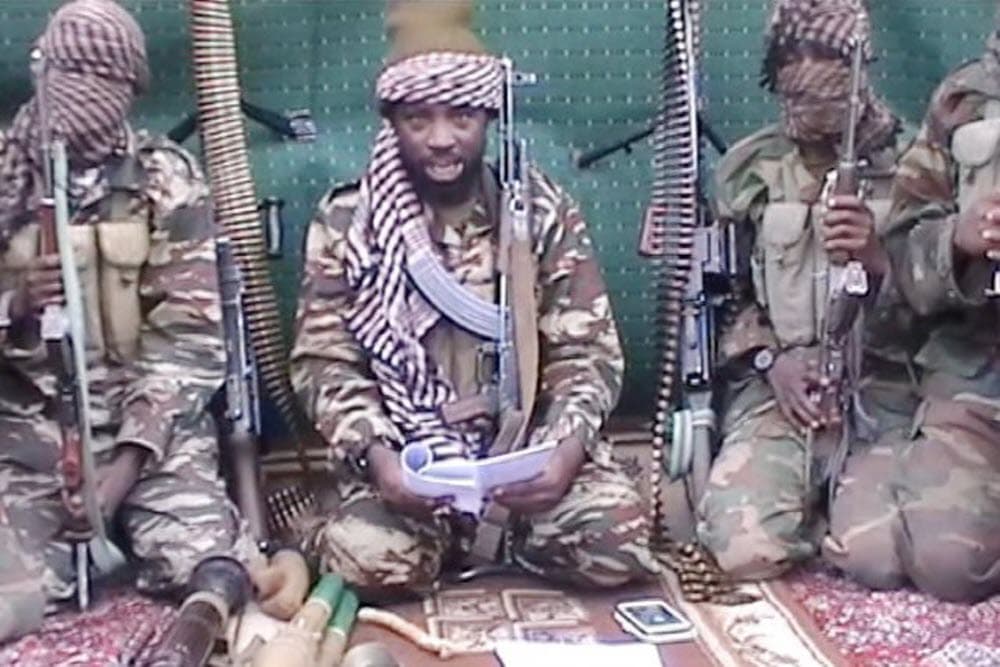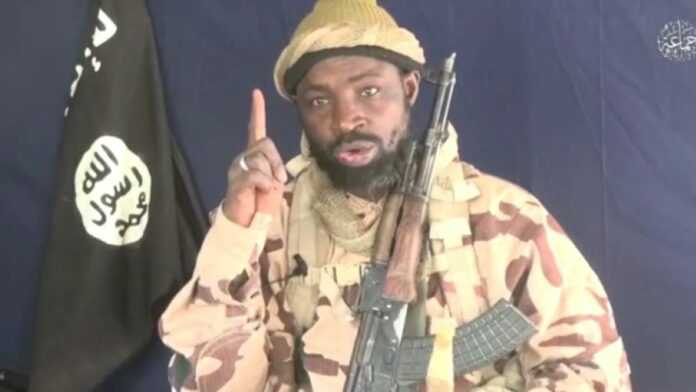Date : 28 Nov 2024
Boko haram: the story of a terrorist organization
Boko Haram, founded in 2002 in Nigeria, is a terrorist group known for its radical Islamist ideology. It carries out violent attacks in the Lake Chad region, targeting civilians and security forces.
An organization created on the basis of anti-Western sentiment

Boko Haram, or “Western education is sin” in Hausa, is an armed Islamic movement created in Nigeria in 2002 that advocates radical Islam. Mohamed Yusuf, a preacher from northeastern Nigeria, is the founder. Its objectives are the establishment of an Islamic state and the fight against Western civilization and its democratic values. It recruits mainly among disadvantaged students of religion and later broadens its base to include more educated people.
The group advocates the establishment of sharia law in the northern states of Nigeria and is approaching local political authorities to influence legislation and the 2003 elections in Borno State in Mali. The group, whose numbers vary between 6,000 and 30,000 – 7,000 to 13,000 being the most realistic estimate – gradually became more radical and clashes broke out in several states between its members and the forces of law and order from 2003 to 2009. Some 700 Boko Haram members, including its founder Mohamed Yusuf, were killed in clashes with police in 2009.
His death and the accompanying crackdown radicalized his supporters, who declared him a martyr. After a few months of internal wrangling over the succession, Abubakar Shekau, one of his former companions, took over the leadership of the movement. His followers scattered to escape the repression in Borno and neighbouring states, some taking refuge in Niger and Chad.
In 2010, the organization went underground and announced its intention to wage an even more violent armed struggle.
In 2011, the number of attacks increased, and Boko Haram committed its first suicide attack against the police headquarters in Abuja (Nigeria’s capital) on June 16.
A diversified activity of a movement that is gaining ground
In addition to operating in Nigeria, Boko Haram is making repeated incursions into northern Cameroon, where it is accused of enlisting young recruits. It can be estimated that it also extends into Chad and Niger.
Among the most notable violent activities, on November 4, 2011, 150 people were killed in a series of attacks on police stations and churches in Damaturu (northeast Nigeria). Similarly, on January 20, 2012 , 185 people lost their lives in attacks on symbols of power in Kano, the major city in northern Nigeria.
On April 19, 2013, 187 people were killed in the attack on the town of Baga (far northeast), followed by a violent crackdown by the army. Similarly in September 2013, 142 people were killed in Benisheik, a town in Borno State, where insurgents, arrived disguised as soldiers in a convoy of trucks.
Still and above all what made Boko Haram known to the general public is on April 14, 2014 the kidnapping of 276 high school girls in their school in Chibok, Borno State. In May 2014 at least 300 deaths were recorded in an attack in Gamboru Ngala, a town near the Cameroonian border in Borno State.
The split in Boko Haram has led to a redistribution of cards

In March 2015, Shekau pledged allegiance to the Islamic State (IS), officially allowing his movement to become a wilayat (province). The Islamic State in West Africa Province (ISWAP), recognized by Islamic State, was born in 2016 from split with Boko Haram, which it blames for killings of Muslim civilians among other things.
Born out of internal criticism of Boko Haram, the 2015 split created two rival groups. After two years of reorganization and less sustained activity, JAS (jamaa ahl as-sunna) and ISWAP clashed again as of July 2018.
After its moult, ISWAP has become the dominant jihadist group in northeastern Nigeria, multiplying large-scale attacks against the Nigerian army.
It has consolidated its control of the region since the death of Boko Haram leader Abubakar Shekau in May 2021, either in clashes between the two rival groups or by suicide. Since his death, according to security sources, Abu Musab al-Barnawi, son of Mohamed Yusuf, has also strengthened ISWAP control in the Lake Chad region. Since then, al-Barnawi was also reportedly killed in 2021, but his death has not been confirmed.
Since the split with Boko Haram, ISWAP has undergone about five leadership changes, but has maintained pressure against security forces with regular attacks.
The Nigerian armed forces have not been able to defeat these fighters because Boko Haram is developing the ability to recruit especially in deprived areas and the regular armies suffer from a lack of effective equipment.